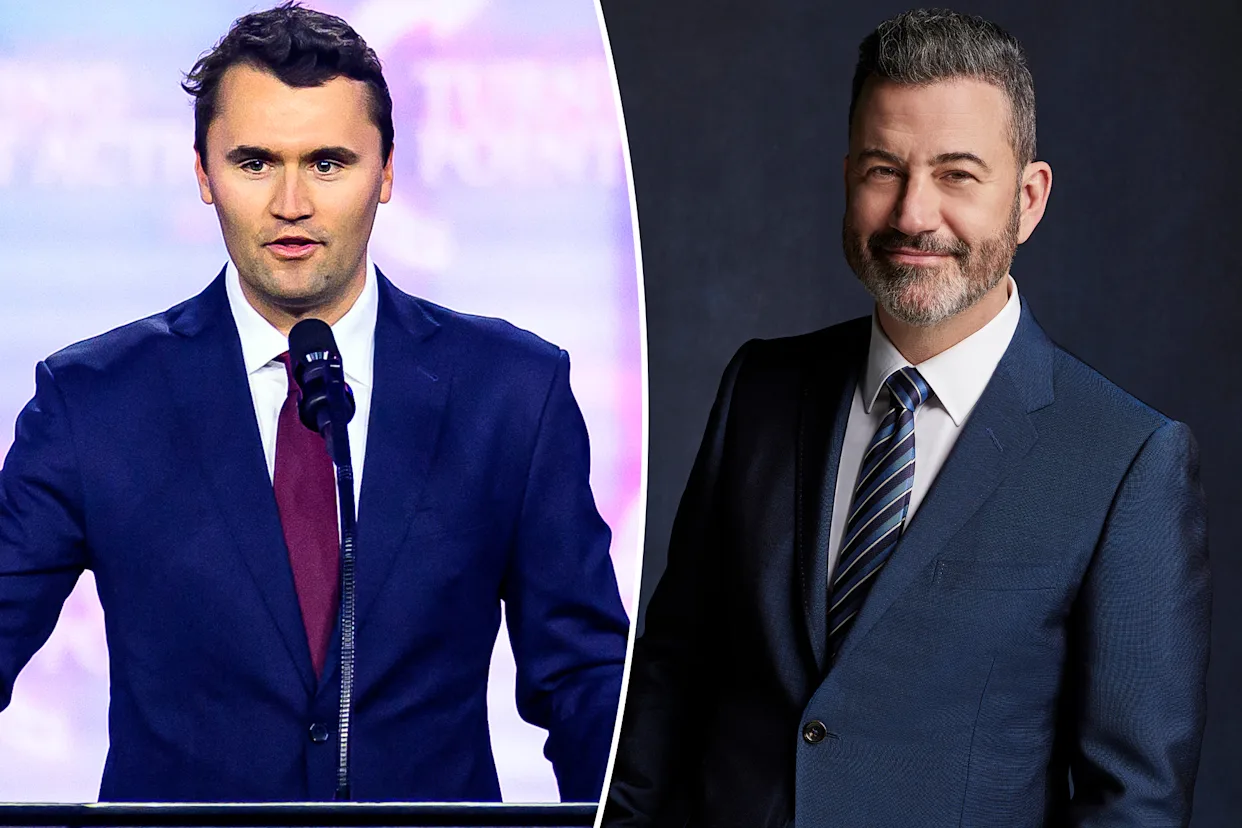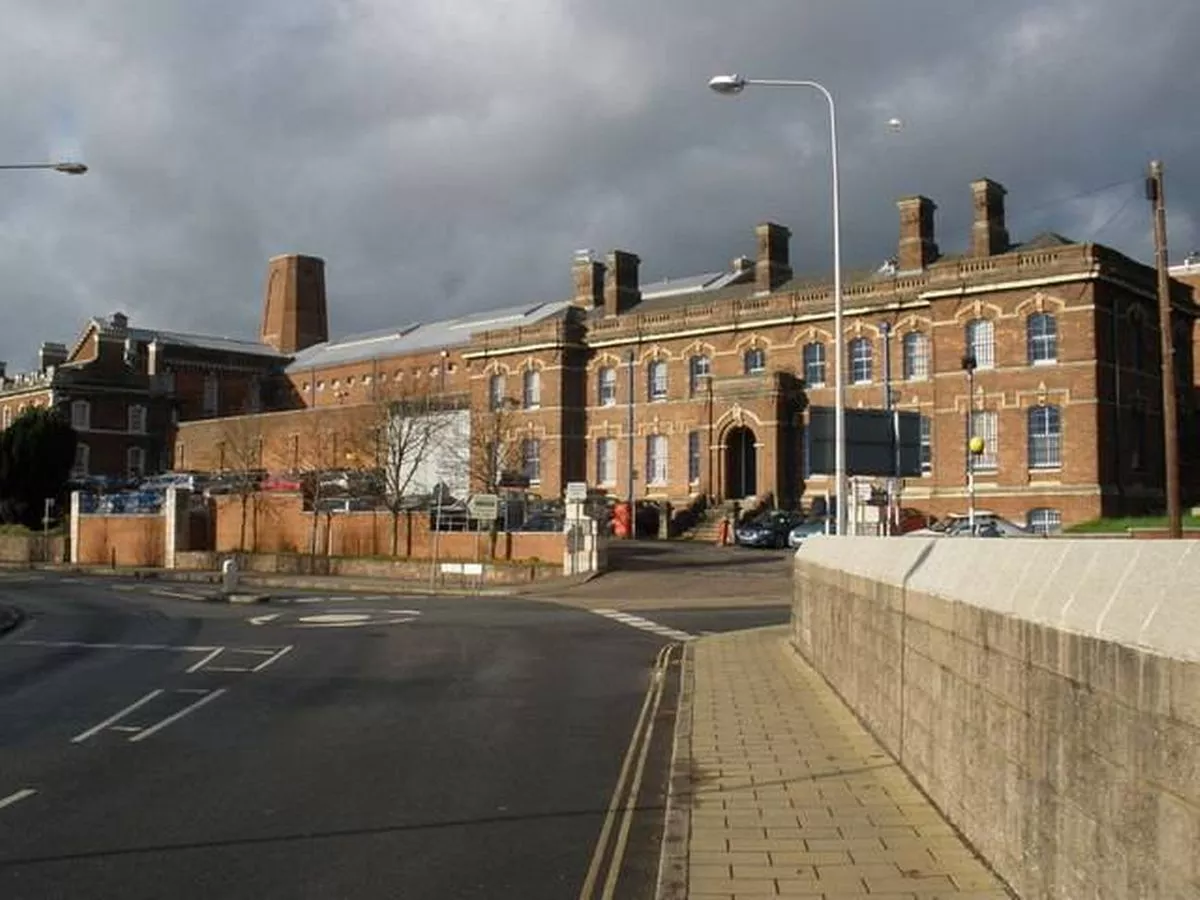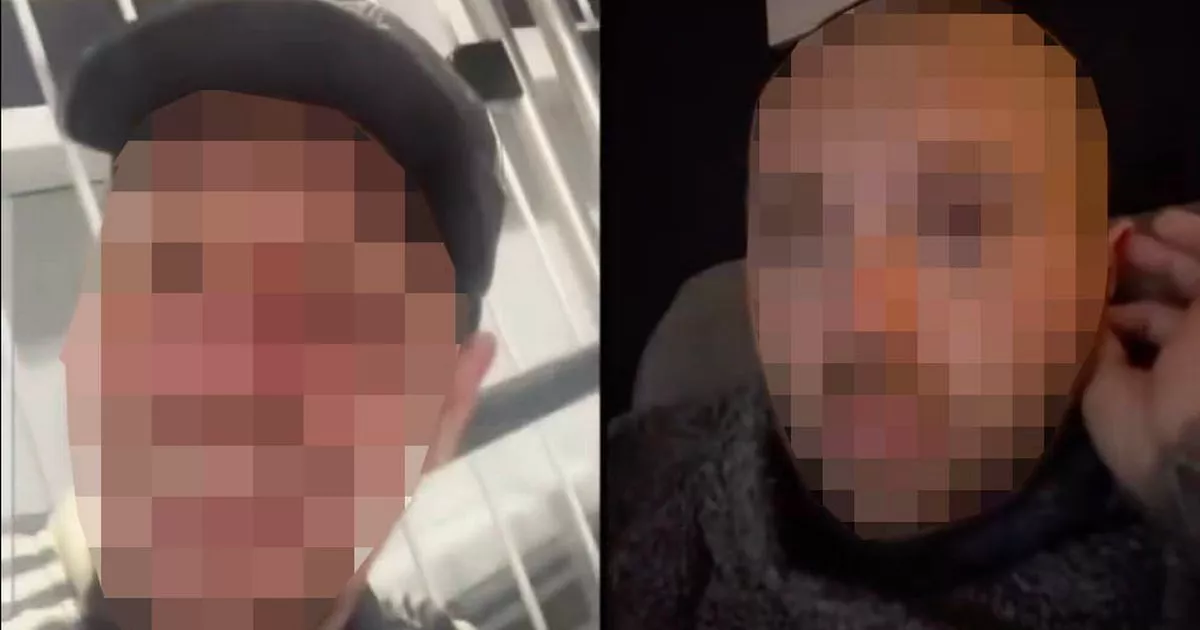By Siddhi Vinayak Misra
Copyright breezyscroll

Jimmy Kimmel, one of America’s most recognized late-night hosts, is facing an unprecedented backlash after remarks he made about the assassination of conservative activist Charlie Kirk. His show, Jimmy Kimmel Live!, has been pulled off the air indefinitely by ABC, and now reports suggest that conditions have been set for his return—including a public apology and a donation to Kirk’s family and Turning Point USA.
Why was Jimmy Kimmel suspended?
On September 15, during his opening monologue, Kimmel addressed Charlie Kirk’s murder and the political debate surrounding it. He criticized what he called the “MAGA gang’s” attempts to spin the tragedy for political gain.
Kimmel referenced Tyler Robinson, who has been charged in connection with Kirk’s death, and said:
“We hit some new lows over the weekend with the MAGA gang desperately trying to characterize this kid who murdered Charlie Kirk as anything other than one of them and doing everything they can to score political points from it.”
He later mocked President Donald Trump’s reaction, in which Trump shifted from addressing Kirk’s death to discussing a new White House ballroom:
“Yes, he’s at the fourth stage of grief: construction.”
The segment was met with outrage from conservative circles, who accused Kimmel of being insensitive at a time of national mourning. By September 17, ABC confirmed that Jimmy Kimmel Live! would be “pre-empted indefinitely.”
What conditions have been set for his return?
According to a report from PEOPLE, Sinclair Broadcast Group—ABC’s largest affiliate owner—has issued an ultimatum:
Kimmel must deliver a formal apology to Charlie Kirk’s family.
He must make a personal donation both to the family and to Turning Point USA, Kirk’s nonprofit organization.
Jason Smith, Sinclair’s vice chairman, said in a press conference:
“Mr. Kimmel’s remarks were inappropriate and deeply insensitive at a critical moment for our country. We believe broadcasters have a responsibility to educate and elevate respectful, constructive dialogue in our communities.”
This represents a rare instance where a late-night host’s return has been explicitly tied to financial and reputational restitution.
What makes this controversy different?
Late-night television thrives on satire, mockery, and political commentary. Kimmel himself has often used his platform to weigh in on divisive issues, from healthcare to gun control. But the suspension highlights a shift: networks are now far more sensitive to how entertainers address tragedies, especially when they involve political figures closely tied to current power structures.
Unlike past controversies, this case blends three high-voltage elements:
A politically motivated killing involving a high-profile conservative figure.
A comedian with a history of sharp criticism against right-wing politics.
A network under corporate pressure from affiliates and advertisers to maintain neutrality.
This triangulation makes Kimmel’s suspension not just about offensive humor, but about how entertainment, politics, and corporate governance now intersect.
How has the public reacted?
The backlash has split along partisan lines:
Conservatives argue that Kimmel’s jokes crossed a moral line, disrespecting the victim and his grieving supporters. Many have amplified Charlie Kirk’s resurfaced 2017 tweet: “Jimmy Kimmel isn’t funny.”
Liberals and media critics see the suspension as an overreach, warning that setting donation demands as conditions for reinstatement risks turning satire into a regulated, corporate-approved narrative.
On social media, hashtags such as #BoycottKimmel and #FreeKimmel have trended simultaneously, reflecting the polarized climate.
What does this mean for late-night comedy?
Kimmel’s case could mark a turning point for late-night TV. Traditionally, networks tolerated edgy commentary as part of the format’s DNA. But this incident signals that corporate stakeholders are more willing to step in when political or cultural sensitivities boil over.
If Kimmel returns under the proposed conditions, it could set a precedent: future hosts may be required to apologize and pay up when their commentary collides with tragedy and politics.
The debate raises key questions for the future of American satire:
Can late-night hosts continue to lampoon political figures without fear of corporate sanctions?
Should comedians be held financially accountable for controversial jokes?
Or does this risk sanitizing political comedy into harmless entertainment?
What’s next for Kimmel?
As of now, neither Kimmel nor ABC has issued a formal statement on the ultimatum. If the conditions are accepted, Jimmy Kimmel Live! could return—but under a cloud of scrutiny. If rejected, the show’s hiatus may extend, leaving ABC scrambling to fill a key programming slot.
Meanwhile, the controversy underscores the broader cultural battle over speech, satire, and respect in the age of political polarization. For Kimmel, the stakes are unusually high: his next move could redefine not just his career, but the rules of late-night comedy itself.
Jimmy Kimmel was suspended after making remarks about Charlie Kirk’s murder. Sinclair Broadcast Group, ABC’s largest affiliate, has demanded he apologize to Kirk’s family and donate money to them and Turning Point USA as conditions for his show’s return. The case has sparked debate about free speech, political satire, and corporate control over late-night television.



